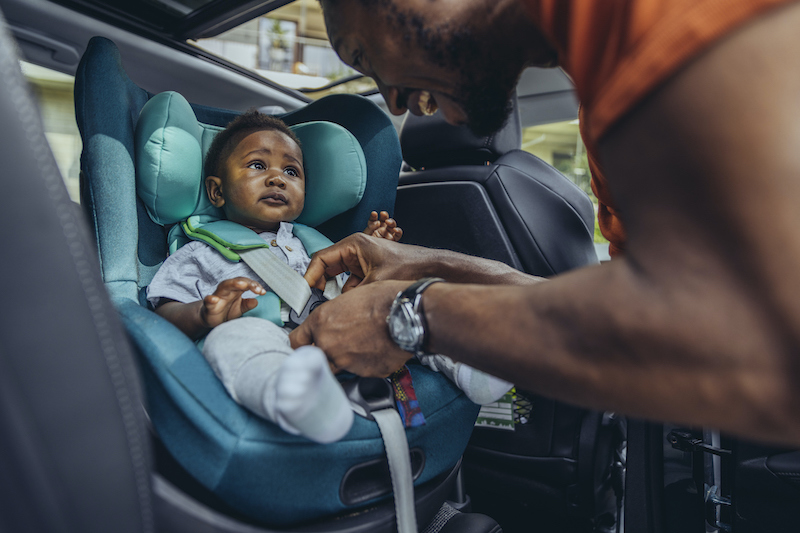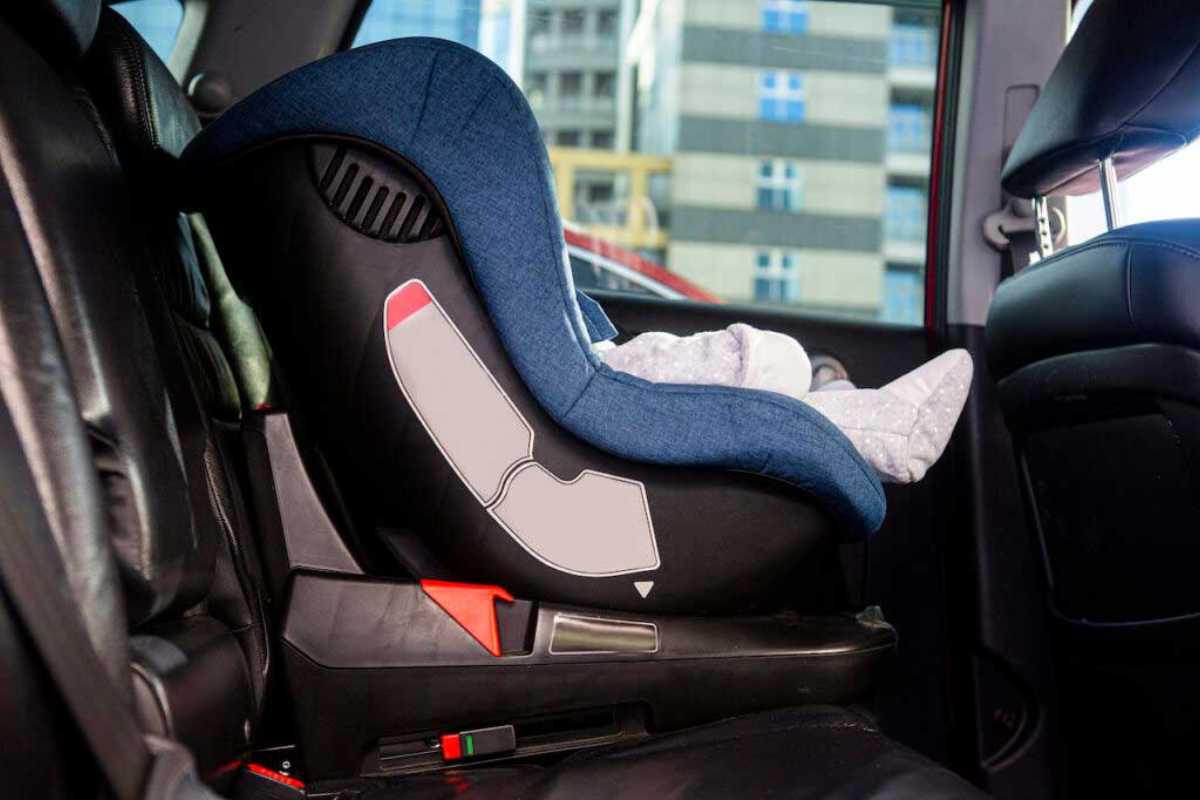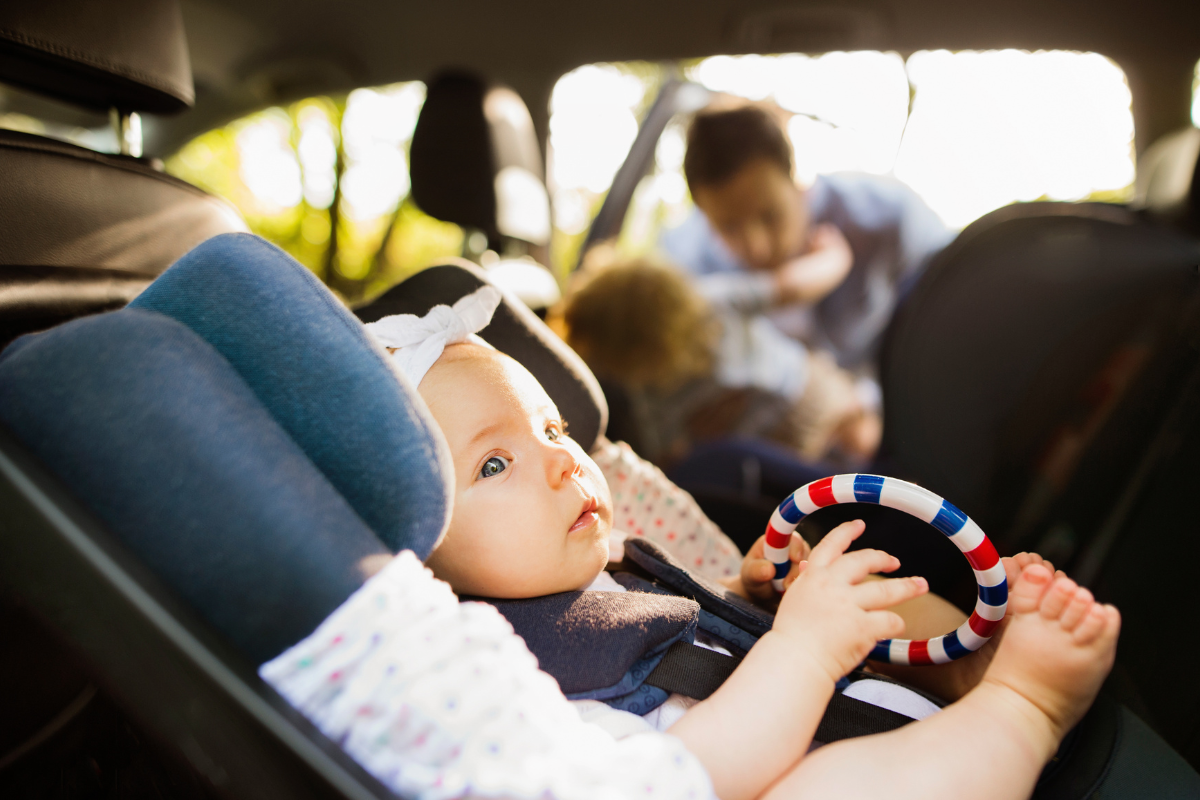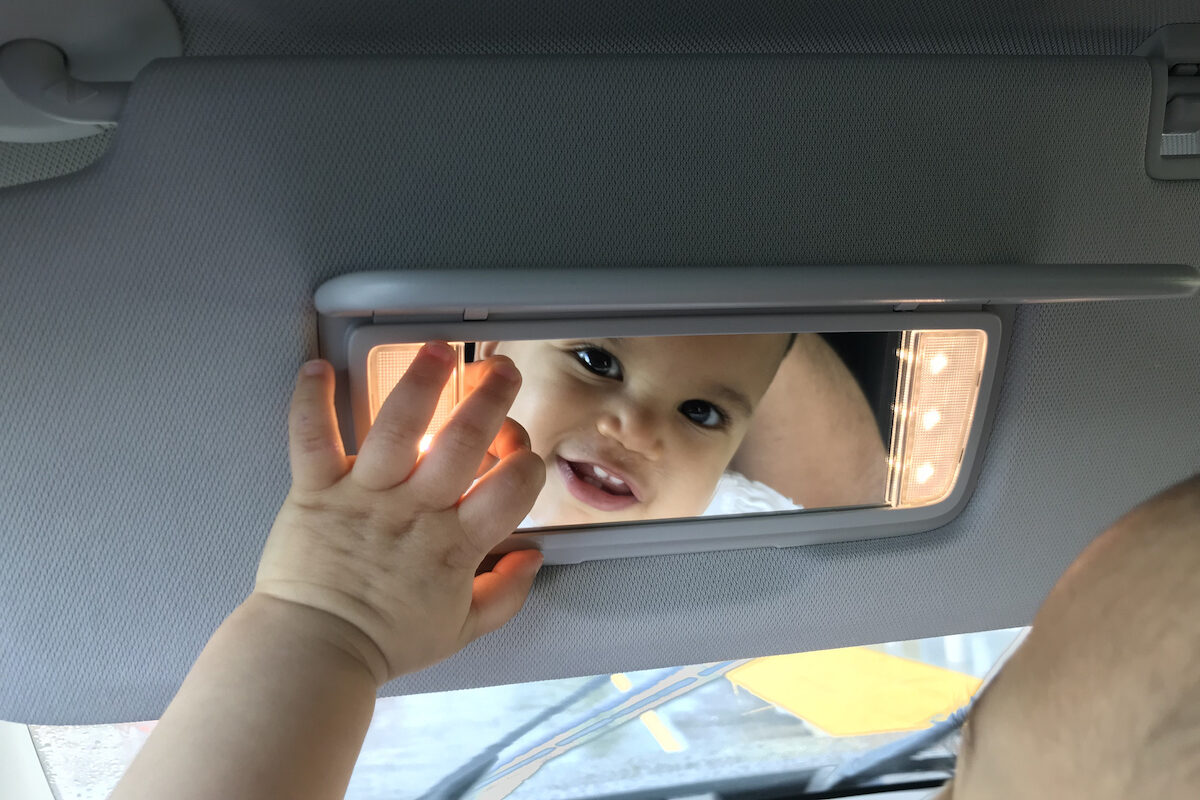Is there any data on what causes car sickness in babies or toddlers? My 12-month-old gets very carsick, and his grandparents are convinced it’s because we didn’t drive enough with him when he was younger. Any truth to that?
—Feeling guilty that we walk a lot
Let’s all take a moment to remember this and try not to make comments like that to our own children. Even if it were true (spoiler: it’s not), how is it helpful? This is not a solution-focused comment, is all I’m saying.

In practice, we have little idea of why motion sickness varies across people, including kids. Some people get more motion-sick than others, and even in the same person, some activities generate more motion sickness. Boats are the worst — the word nausea literally comes from the Greek word for seasickness. But just because boats make you sick, maybe cars don’t. And just because cars make you sick, trains might not. Or virtual reality. It’s all a bit random.
So basically, you just got unlucky. I’m sorry! I did too.
Stretching a bit for what your parents might mean, it is true that one can get used to a sensation and adapt to it. If you spend a long time on a boat, for example, you’ll typically become less seasick (you sometimes get landsick then. Fun). But I’m not aware of any evidence that this type of habituation works in the sense of more car rides as an infant translating to adaptations.
Being more optimistic, I will tell you that often kids become less carsick with age, and sometimes when they turn to face forward it gets better. And eventually they can use a vomit bag for themselves. So there is light at the end of the vomit-filled tunnel. Until then, hang in there.
Community Guidelines




















Log in